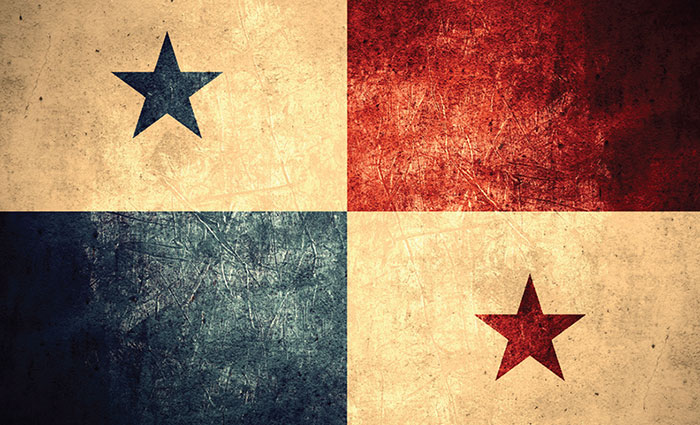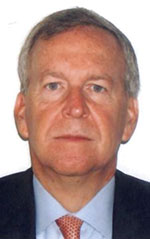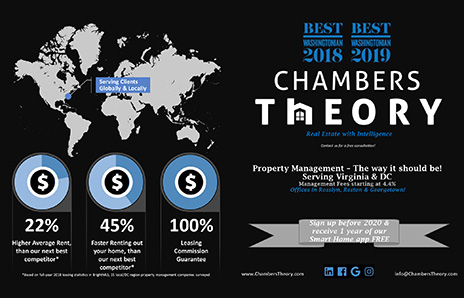Working with the United States: A View from Panama
Not without hiccups, U.S.-Panama ties can become stronger with frank and open discussion, a former ambassador to the United States observes.
BY JAIME ALEMÁN

istockphoto.com/mironovak
The relationship between the United States and Panama has historically been positive, despite occasional hiccups during the times when the U.S. still had control of the Panama Canal. Panama felt that it was being shortchanged economically and humiliated politically as a result of the one-sided conditions created by the 1903 Hay–Bunau-Varilla Treaty, which gave the United States the right to build the canal and administer it while maintaining an enclave in perpetuity within Panamanian territory.
The 1977 Treaty returning the canal to Panama on Dec. 31, 1999, was one of the biggest diplomatic successes of the last 50 years anywhere in the world. Panama has done an admirable job running the canal, to the point that today the waterway is for all purposes a non-issue in the bilateral relationship.
The U.S.-Panama Trade Promotion Agreement, which entered into force on Oct. 31, 2012, further cemented the strong diplomatic and commercial bonds between our two countries. The United States has always been and still is Panama’s main trading partner. The dollar has circulated freely in the country since the time of its independence; this has been hugely beneficial to Panama, contributing to the country’s economic growth and stability.
Today, Panama has Latin America’s highest per capita income, and economic growth has averaged 6 percent over the last 15 years. The country’s banking system remains strong and was hardly affected by the 2008 worldwide economic meltdown. The canal had a net profit of $1.8 billion last year, which allows the government to provide generous subsidies to the poor for housing, transportation, education, electricity and health care. The country’s life expectancy is 79 years, the same as the United States.
Panama’s Concerns
The real concerns in the bilateral relationship during the last decade have revolved around the issues of drug trafficking, money laundering, tax evasion, corruption, security, illegal immigration, the growing Chinese influence in the country and the lack of a transparent judicial system, as well as Panama’s positions in the Organization of American States and the United Nations regarding Cuba, Venezuela and Israel-Palestine—all important and sensitive issues.
In my experience as Panama’s ambassador to the United States and in subsequent interactions I’ve had with U.S. diplomats, I’ve found that it’s important to discuss matters as openly and respectfully as possible, without relying too much on diplomatic jargon that can sometimes cloud the issues that need to be resolved. As long as both sides are open and transparent, a solution can usually be found.
Sometimes this can be difficult, however, because the economic and military might of the United States tends to create a certain arrogance that prevents U.S. diplomats from understanding and accepting the other parties’ concerns and viewpoints. This, in turn, precludes the United States from being more flexible during negotiations, which can be detrimental to American interests in the long term because it engenders resentments that can prove difficult to overcome.
Panama has traditionally had a very close working relationship with the United States on matters of security and drug trafficking, especially in Darien province next to the Colombian border, which is the area of major concern. Panama has as great a vested interest in this issue as Washington has, so collaboration has been good and the results relatively positive.
The economic and military might of the United States tends to create a certain arrogance that prevents U.S. diplomats from understanding and accepting the other parties’ concerns and viewpoints.
The same applies to the issues of money laundering and tax evasion, where Panama has done a fairly good job. There is, however, growing frustration in the U.S. Treasury’s Financial Crimes Enforcement Network, at the Organization for Economic Cooperation and Development, and in the intergovernmental Financial Action Task Force with a small group of attorneys in Panama who have successfully managed to prevent the implementation of measures that would result in a more effective system.
The government of Laurentino Cortizo Cohen, who was sworn in as president in July 2019, has promised to implement new measures guaranteeing full transparency by the end of this year, which is a step widely applauded and supported by the United States and by those in Panama who want to improve the country’s image.
At the moment, the following three issues are the main points of contention between the two countries.
Lack of an Effective Judicial System in Panama
The acquittal of former President Ricardo Martinelli after he was extradited from Miami to Panama on eavesdropping and misappropriation charges crystallized frustration in the United States about the lack of a transparent judicial system in Panama.
The Martinelli judgment was highly controversial because there was overwhelming evidence for conviction. The judgment, which has been appealed, reflects a weak judicial system. The United States is demanding that the problem be solved, and this concern is shared and supported by civil society in Panama.
The lack of a transparent judicial system is a barrier for many U.S. companies; they decline to participate in bidding for public procurement for government projects, since they perceive the process to be rigged, and there is no effective judicial remedy. Given U.S. Secretary of State Mike Pompeo’s emphasis on using diplomacy to promote the interest of U.S. companies around the world, this issue has created real tension.
The weak judicial system has also allowed many drug traffickers and money launderers to walk away free after they’ve been indicted and gone to trial, where they benefit from acquittals given by corrupt judges. This is a continued source of frustration both for U.S. and Panamanian prosecutors.
The Chinese Presence in Panama
The government of Juan Carlos Varela (2014-2019) established diplomatic relations with the People’s Republic of China on June 12, 2017. It was a surprising but not shocking development, given the fact that many other countries have done so recently.
What was shocking and of great distress to the U.S. government, however, was the way that the Varela government turned its attention to China. President Varela visited the country twice, with much fanfare and high-level delegations, and openly supported an ill-advised project to build a $5 billion railroad from Panama City to the border with Costa Rica as part of the so-called Belt and Road Initiative. Fortunately, the project never came to fruition.
In the short term, Panama’s refusal to build internment camps will continue to negatively affect the bilateral relationship.
Varela also awarded important government contracts to Chinese companies under questionable circumstances and tried to give a choice piece of land to the Chinese government at the entrance to the Panama Canal, but he had to backtrack in the face of U.S. pressure and rejection from many Panamanians.
The award of a concession to the Hong Kong–based Panama Ports Company under very dubious circumstances 22 years ago to manage the Balboa port at the Pacific entrance to the canal has also been a source of friction with Washington. The company has used dubious tactics to prevent the opening up of Panama’s port sector, causing considerable damage to the country’s logistics plans.
The United States strongly believes that the port, telecommunications and energy sectors should be in the hands of Western countries for security reasons, which has added to the tensions resulting from the Chinese presence in the country.
Recently, President Laurentino Cortizo and Foreign Minister Alejandro Ferrer have distanced themselves from the Chinese, to the great pleasure of the U.S. embassy in Panama City, which has been ably led by Deputy Chief of Mission and Chargé d’Affaires Roxanne Cabral since the resignation of former Ambassador John Feeley in January 2018.
Illegal Immigration
But perhaps the biggest current disagreement between the two countries lies in the refusal of the Cortizo government to build internment camps in the Darien region of Panama to detain and hold illegal African and Cuban immigrants who enter South America via Ecuador and Brazil and then make their way to Colombia, before crossing the Darien jungle on foot with the hope of eventually reaching the United States.
Then–Acting Secretary of Homeland Security Kevin McAleenan visited Panama to discuss the matter, but President Cortizo did not meet with him. Mr. McAleenan met instead with Foreign Minister Ferrer. Panama didn’t immediately agree to the request; there is strong public opposition in Panama, and it is doubtful that Panama’s position on this will change.
In the short term, Panama’s refusal to build internment camps will continue to negatively affect the bilateral relationship. But given the long-standing friendship between the two allies and the large number of important issues on which the countries agree, I believe the future of the relationship will remain solid.
The fact that practically all of Panama’s business and political leaders have been educated in the United States, combined with the geographical proximity of the two countries and the wide use of English in Panama, is the basis for building an even stronger relationship in the future. However, for that to happen, it is up to us as Panamanians to strengthen the rule of law and separation of powers, and reduce the rampant corruption that has been a scourge throughout our history. Accomplishing these goals will put us in a much better position to address and rectify many of the issues where this is common ground for further improvements, and the bilateral relationship should become even stronger.





